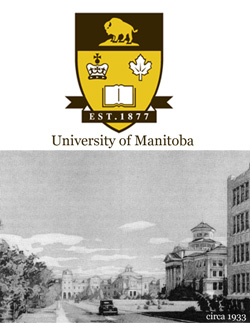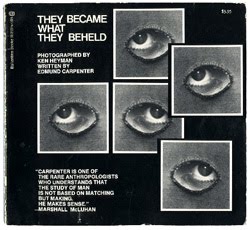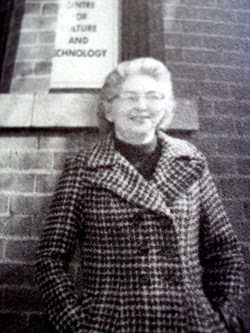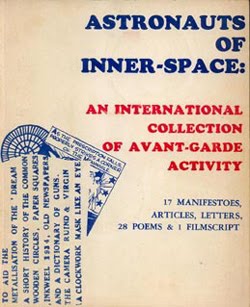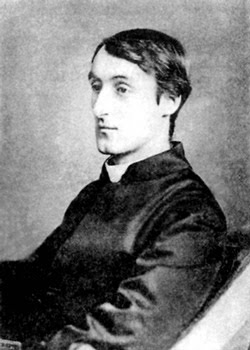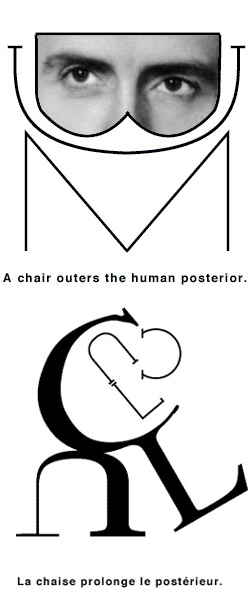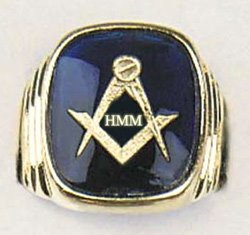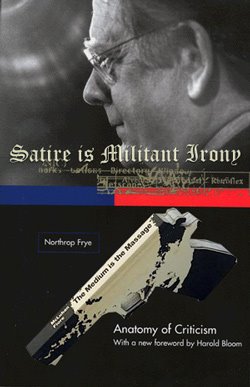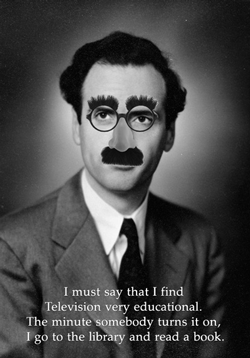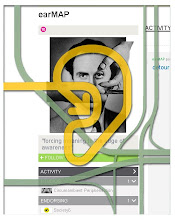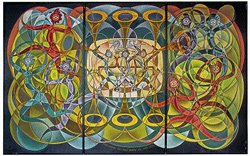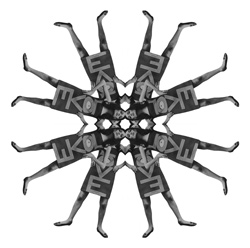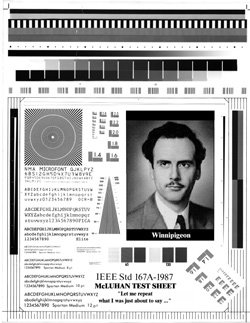
RIGHT WINGER
Rightfully, McLuhan can now be called "the last Victorian," for these messages to family, friends and colleagues clearly document his lifelong commitment to being a later Twentieth century man of letters, a contemporary equivalent of his youthful hero, G. K. Chesterton. He repeatedly suggests his bias is for print; his preferences,for the life of Oxford and Cambridge between the two wars; his motivation, the dislike of the new tribal world and its corporate actitivites. Unabashedly, he further documents Arther Kroker's (Kroker, 1984) and my claim (Theall, 1971) concerning the importance of his Catholicism by suggesting that his thought was metaphysical, that he was primarily a Thomist (though hardly one accepted by Thomist orthodoxy) and that, in spite of the stupidities of its bureaucracy, one can only live reasonably within the Catholic Church whose spiritual mission is triumphant. Consequently he expresses in his correspondence moral views which may appear contradictory when related to his writings: his condemnation of abortion, pornography and of frank, illustrated texts on sexual education for young children...
This aspect of his Letters hardly presents the ultra-modem, futuristic, left-wing idol who dominated the media for nearly a decade as the prophet of the communication society. But the Letters also underline a schizophrenia which is central to understanding why McLuhan achieved what he did and made some of the most central contributions to dialogue concerning communication in our time. Balancing his Thomism is McLuhan's continuing use of Joyce's work, even though early in his career he had concluded that Joyce's work was demonic, for he says of the last page of Finnegans Wake and the opening of Ulysses: "the whole thing is an intellectural Black Mass .... As he (Joyce) reads it (Ulysses) ... it is horrible. Casual, eerie. Speaking of Existenz and the hatred of language--what about Finnegan" (183)? He tells a former student and colleague, Father Walter Ong, that the church has it all wrong with respect to Nietzsche:
"God is dead (Nietzsche) equals: God has abandoned the work of grace in creation? Prelude to incarnation as understood in pagan cults? At least, so I hear from the inside boys. Catholic view of Neech [sic!] would seem to be a bit off the beam there".
The whole of his achievement--in fact, his interest in communication--he attributes to Baudelaire, Mallarrme, Valery and other French Symbolists, but even more particularly to their English modernist and post-modernist successors, Yeats, Pound, Eliot and Joyce. In what could only be an indictment of many students of communication who have turned to McLuhan, he wrote in 1974 that: "Nobody could pretend serious interest in my work who is not completely familiar with all of the works of James Joyce and the French Symbolists" (505).
- Don Theall : Messages in McLuhan's Letters

and
as Genosko points out, 'Ultimately, however, McLuhan's own corporatist assumptions, homophobia, and 'right-to-life' politics were read as the signs of a deeply conservative Catholic thinker.'
McLuhan and Baudrillard: The Masters of Implosion
and
"McLuhan's political commitments, represented both by his rejection of the "national question" in Canada and by his participation, in depth, in the futurology of technological empire, are of direct consequence to his contributions to a master theory of communications. That McLuhan could find no moment of deviation between his civil humanism, founded on the defence of "civilization", and his absorption into the intellectual appendages of empire, indicates, starkly and dramatically, precisely how inert and uncritical is the supervening value of "civilization". McLuhan's lasting legacy is, perhaps, a historical one: the inherent contradiction of his discourse in remaining committed to the very technostructure which had destroyed the possibility of "civilization" indicates the ultimate failure of civil humanism in modern politics. McLuhan's humanism, and indeed his abiding Catholicism, could provide an inspiring vision of a more utopian human future; but in remaining tied to the "primacy of reason", a reason which was fully abstracted from history and ontology, McLuhan's discourse could always be easily turned from within. This was the comic aspect of the whole affair: the technological dynamo could also accept as its dominant value the "primacy of reason"; and, by extension, the application of technical reason, in politics, bureaucracy, science, and industry, to the proliferation of technological media. The technostructure thus absorbed McLuhan's discourse on his own terms: it transposed his search for a new, universal civilization into an historical justification of technological necessitarianism; and it showed precisely how compatible the Catholic conception of "transcendent reason" is with the rationalising impulses of the technological system. McLuhan's one possible avenue of escape: the recovery of a "grounded" and emergent cultural practice or, at least, some sense of "intimations of deprival" which had been silenced by the technological dynamo was, of course, firmly closed to him by his commitment to the universal over the local, and to the metaphorical over the historical. To dismiss McLuhan as a technological determinist is to miss entirely the point of his intellectual contribution. McLuhan's value as a theorist of culture and technology began just when he went over the hill to the side of the alien and surrealistic world of mass communications: the "real world" of technology where the nervous system is exteriorised and everyone is videoated daily like sitting screens for television. Just because McLuhan sought to see the real world of technology, and even to celebrate technological reason as freedom, he could provide such superb, first-hand accounts of the new society of electronic technologies. McLuhan was fated to be trapped in the deterministic world of technology, indeed to become one of the intellectual servomechanisms of the machine-world, because his Catholicism failed to provide him with an adequate cultural theory by which to escape the hegemony of the abstract media systems that he had sought to explore. Paradoxically, however, it was just when McLuhan became most cynical and most deterministic, when he became fully aware of the nightmarish quality of the "medium as massage", that his thought becomes most important as an entirely creative account of the great paradigm-shift now going on in twentieth-century experience. McLuhan was then, in the end, trapped in the "figure" of his own making. His discourse could provide a brilliant understanding of the inner functioning of the technological media; but no illumination concerning how "creative freedom" might be won through in the "age of anxiety, and dread." In a fully tragic sense, McLuhan's final legacy was this: he was the playful perpetrator, and then victim, of a sign-crime." - Arthur Kroker













![et cetera : LOVE [1977]](https://blogger.googleusercontent.com/img/b/R29vZ2xl/AVvXsEgQ8s7vwLQuzHDNgqlfBacxRkEbOErToak9kmgFl0VmyIYEqS9qIzNIVcXKpzTncPhqo3TSgOyztAguIW6OlXw65aFHmpx6cRzmvCUQQMTwUGUOd0iE0GbJakEc3g3kBAJrvlZP4z3eesg/s1600/etc1977.jpg)









![MAC LUHAN [sic] : LOST IN TRANSLATION](https://blogger.googleusercontent.com/img/b/R29vZ2xl/AVvXsEg92tMqBMDA917NDivsS2ZwIirx9KTf24tOCgFFnK65p7Hw5dvqEh1e2aefCynj2UW8u-k8zwBXbjgypsCXUcv-5G7ZCsyDB13giHEjmhVISAeW-oI_JV6ePOXW_XBDPwy2nREAoqRU7Z8/s1600/MAC.jpg)






















![Les Yeux De Nadja [unpublished]](https://blogger.googleusercontent.com/img/b/R29vZ2xl/AVvXsEgrXohpIuxxYyjKoqBSQf3TpYGjnttZnjRFvmMdshadfnVKi7PMAjIqEuqYctZFXOFH2n-oH75oJx-YkaON7xvaZgVdvaK0zfSOurEmCKqmWF6qXh2F3VbqyixfGhvY4qH6LENMTs1wCIw/s1600/2xsurreal.jpg)
















![PIED PIPERS [MARSH] ALL](https://blogger.googleusercontent.com/img/b/R29vZ2xl/AVvXsEhqvGIGG9lWZYhFZRVc_V8EJG2apQBsys4kNQOQsA0EV6H6Tg-SMN0sX15NXy_GzsF3xAUdcb2QlfvJk-RU-Rha-3Eu5Mnglkf5KLe6pccVqAP4VR_Gi4fGQ716QSmDe3Zna5Uwct5d2sw/s1600/piedPiperMarshALL270.png)






























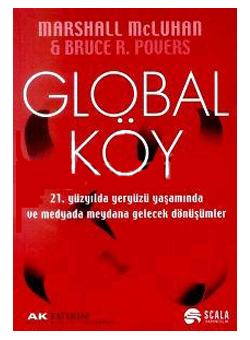




























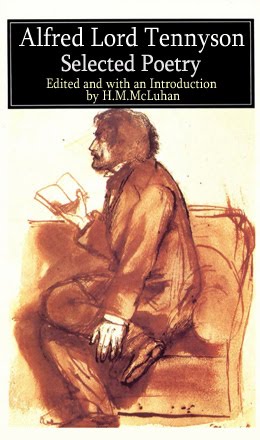

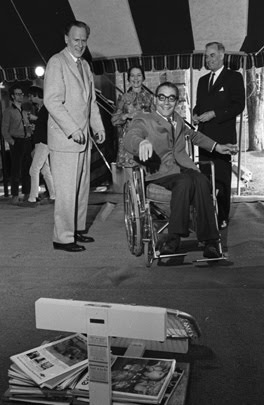




![PICNIC IN SPACE : The Great Minds of Our Time Film Series [1973]](https://blogger.googleusercontent.com/img/b/R29vZ2xl/AVvXsEjyov75DRIUBWcYLkzPYmupFy8CQ9dQ4Q798zDIN6jPNsSdBB_WuOcvPl4WjMAz10csG071oCO3BCUtIcKyHoIkCN0lCy0OxGCV_HrLXrGNKRpUiKMrqzkJh4LSc7jT_KrrqmClapSlVa8/s1600-r/PicnicInSpace.jpg)


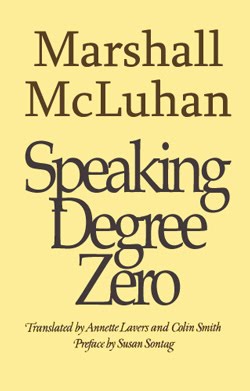






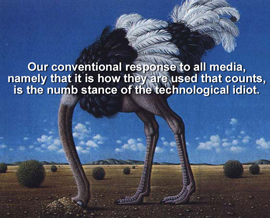


















![more Hidden ground [re:Bride] : the "flippancy" of tone seemed just "right"](https://blogger.googleusercontent.com/img/b/R29vZ2xl/AVvXsEg-hQyF9KGGhKYc73nUGmV1bStJ4fTJVh0-TL1ZtikLZEv5ppjhB3DOhFcVuzGq-kByrwtTAWgCcE173pA3UTIPe7h6xJjsPt7lRvNym007ZsdXenMDLNimKcwtaTOqkGleoxmXOeCKtxXL/s1600-r/LEAVISLEWIS.png)
















![BABA WAWA [TODAY SHOW, Toronto City Hall 1970]](https://blogger.googleusercontent.com/img/b/R29vZ2xl/AVvXsEjTZAIFkA07K36WGk951vmZnLPU99fOdNzlvVhyphenhyphenhKZEKu2n2AW5EA1CDZGaTk0aYRXUv7IOXG39igaikoE6SWm8j7QIG96wYRE54oBXwvlaNCJzp15vdkrcqR97IMMny-8sHjM-VDotTOaY/s1600-r/babaWawa.jpg)

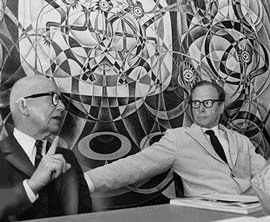

![enter the dragon : "typhon in america" [unpublished]](https://blogger.googleusercontent.com/img/b/R29vZ2xl/AVvXsEjdCnZdJ6JbaLc6hyUmUJo5UJ0m8WZSj_afYU9oRlHKIUgAIfcy2EPHNAptSRYEAmpOf0Xaa0B8iMgOTF302lY0Xmbyne0hvrdRyNo-t0Q-PPdzqX39uI3T5x5FppRPaQf9sSaXytrOpWVN/s1600-r/TIA.jpg)




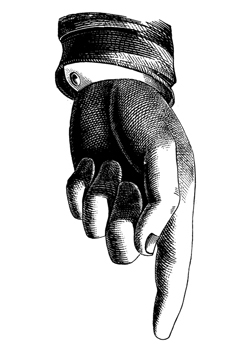






















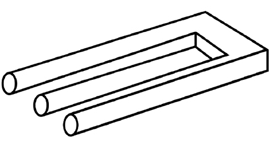









![Take Today [1972] : "the consumer becomes a producer..."](https://blogger.googleusercontent.com/img/b/R29vZ2xl/AVvXsEhA53bdVdTaXdQo1fDmrsI8oiAwF-3jampcanOq8uk3QMh8_ImkNsTiKd4-RnZY8Vbwqh1fymJiyCl1CSLcSonXHQM6XbnJYQi_Vu89gbAV4jVq73EtlbM3w6CthyphenhyphenV_pHEjE6eu_VhC489u/s1600-r/PROSUMER.jpg)








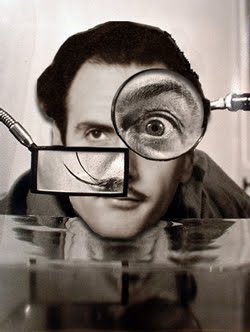















































































![" Outtragedy of poetscalds!, Acomedy of letters " [ FW 425.24]](https://blogger.googleusercontent.com/img/b/R29vZ2xl/AVvXsEhJMrJLN3oPUb25A2tjQtWZcZxA4wZB0IOvaIAvxosAUqlFc258HHvzvlnHHvKhKq7hG3epo76izY2Bu0HC3Cy-8S46Rf0Wni3L8j8jEfpT7sXK3UFlXBMtN2v2JdrmdxvWk8VWKjkhN4-9/s1600-r/preplexLP.png)











![mars[HAL]9000 : " Tomorrow is our permanent address."](https://blogger.googleusercontent.com/img/b/R29vZ2xl/AVvXsEhmblupqmUiuV3GbyayJiDRGEO63TEgwjHi-i8b0kVYDvXrKFWTCyl-e21la4QJXC4nDFDzx51Omi6fYPLJcqRHFoP6zSsL0CVZF98eMf6mxCE2WDfvMmT4q9G3X45-P0IYGDmliE0fCR3C/s1600-r/marsHAL9000_250.jpg)












































































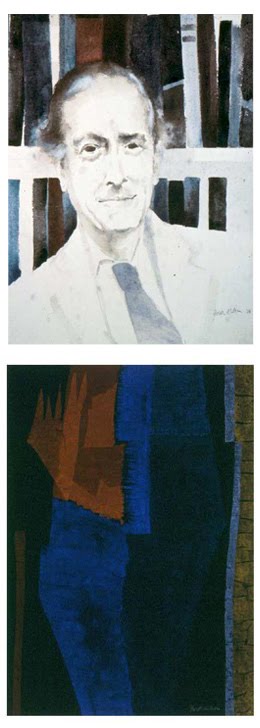















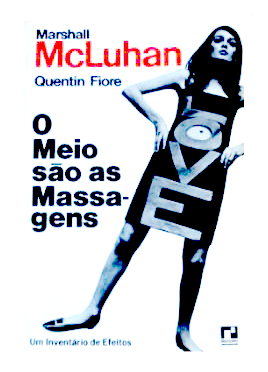





































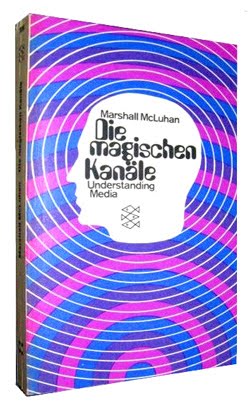
























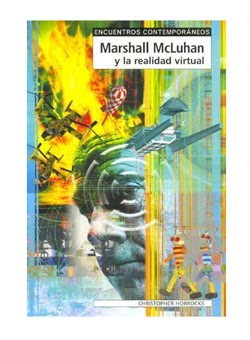




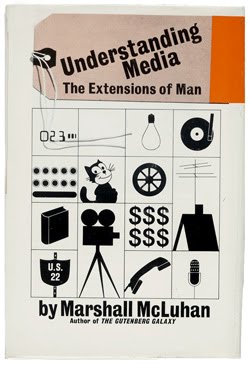









































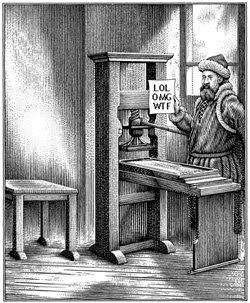








![Lucifer [from Latin] <br>meaning "light-bearer"](https://blogger.googleusercontent.com/img/b/R29vZ2xl/AVvXsEhq-2kZZOfh-Syv1Ewa0Ns2O6ZeP59pcsJp9ihhKcXCaovYZO_cKxffC5iSKOXFHr6E1jiHc6zedt1U6I95831RgpVdm3qk8-9C3y1yPyrCiQe4jgx-DsbeHnjKnw9t6Qx3ZM5TSYxiPj5H/s1600-r/lucifer.png)


